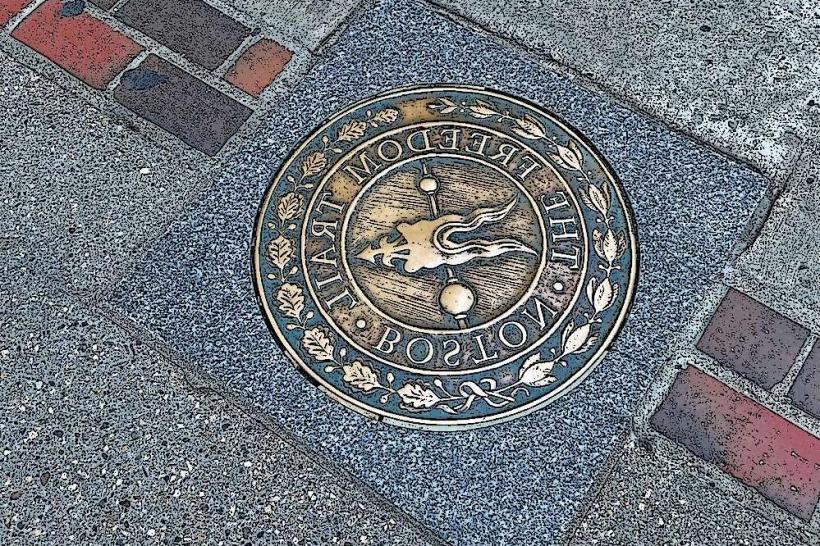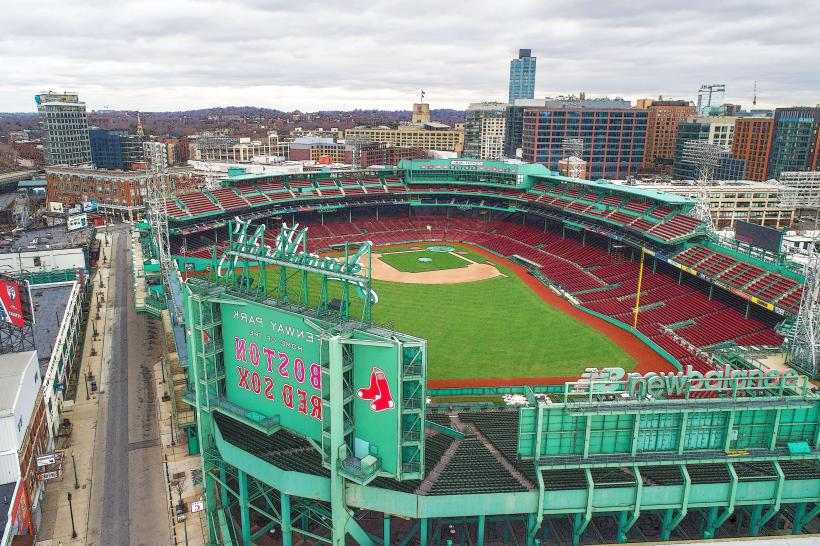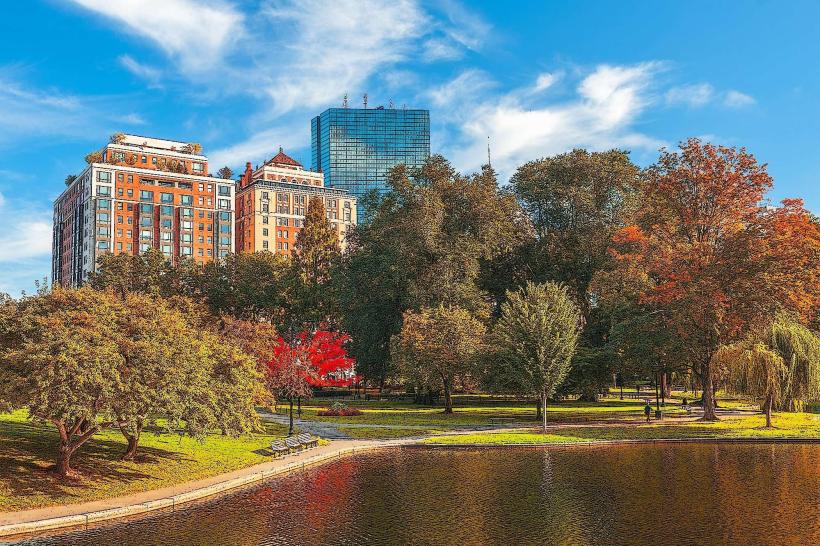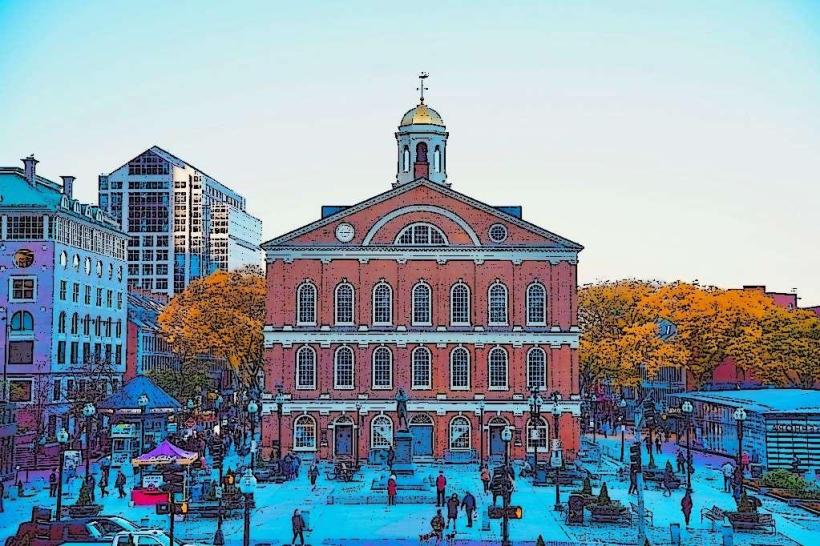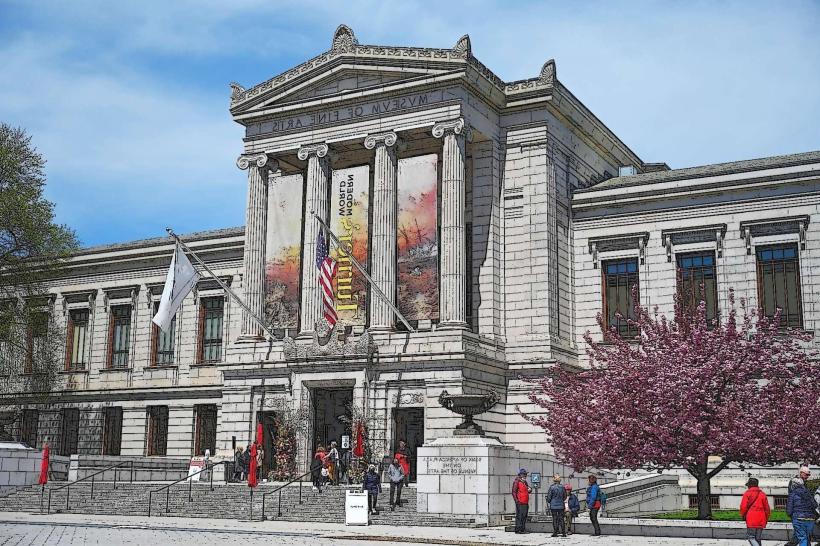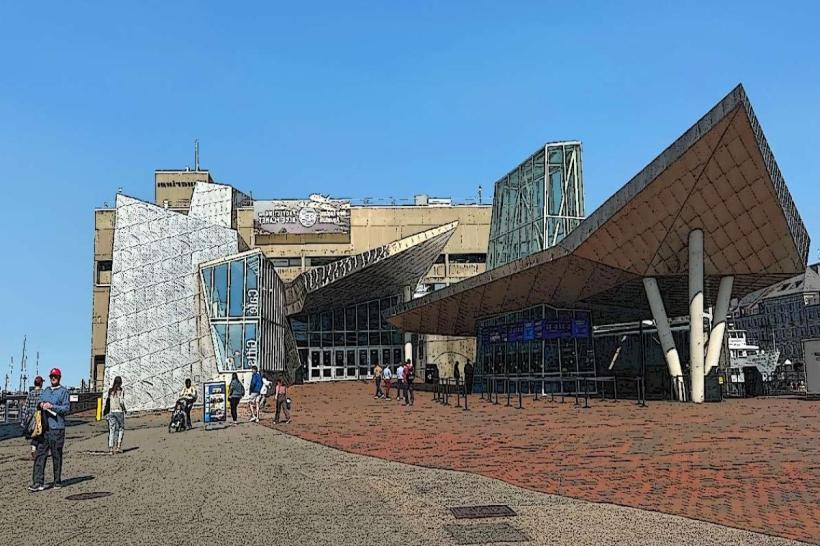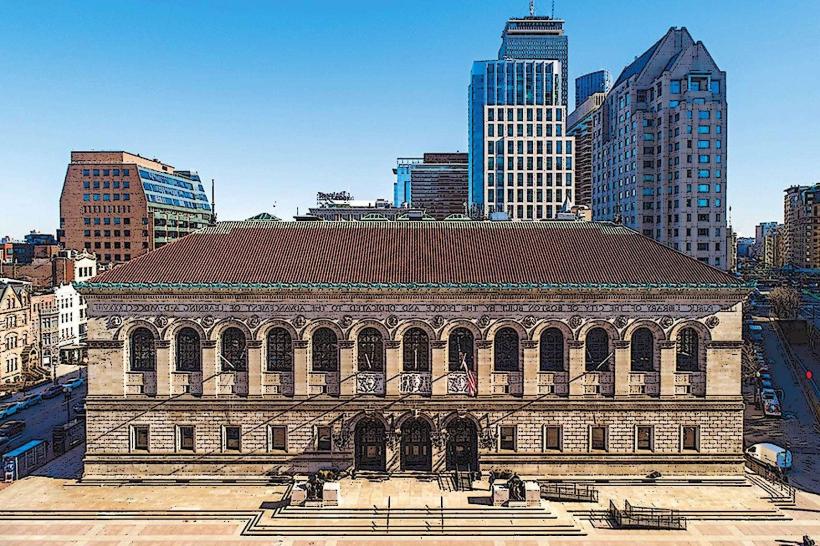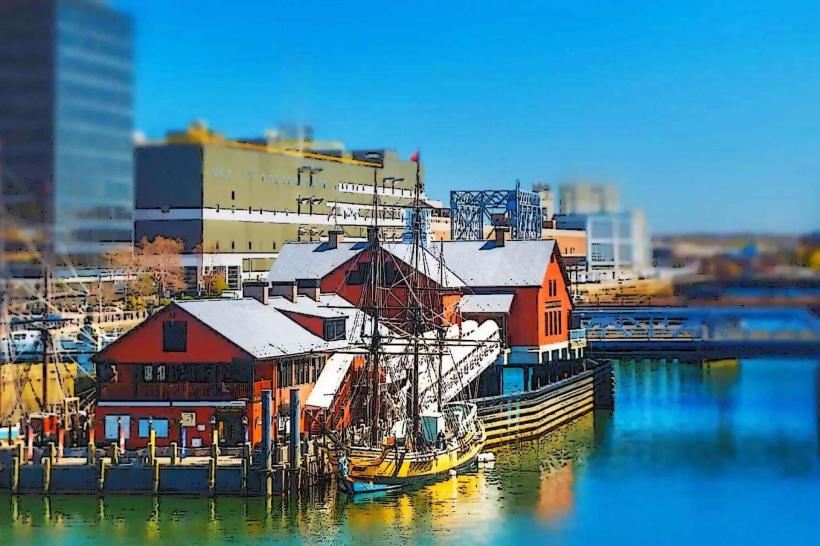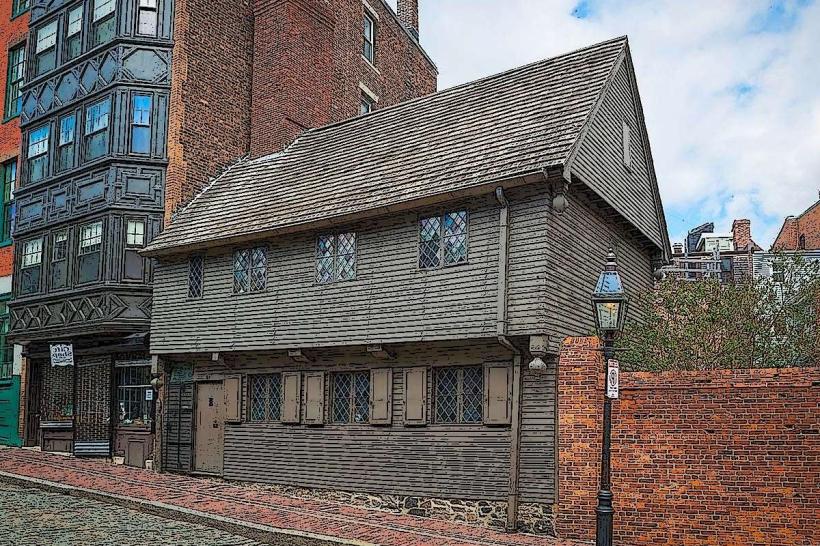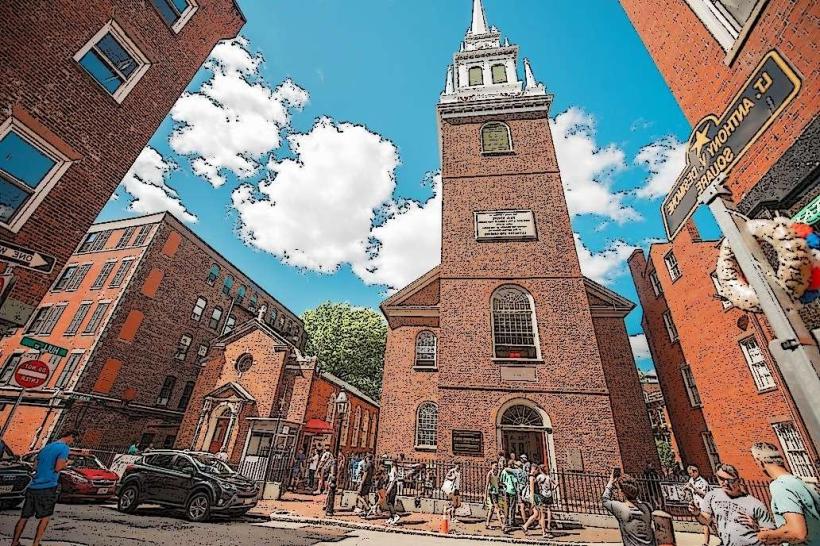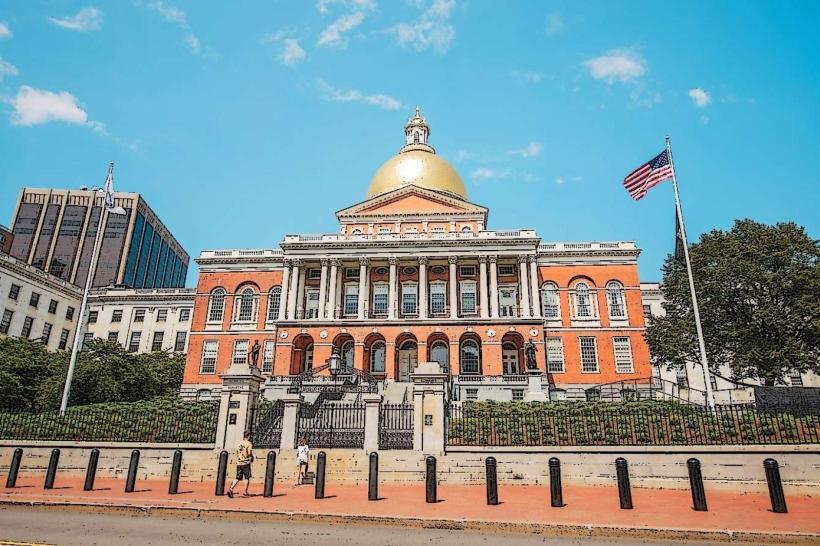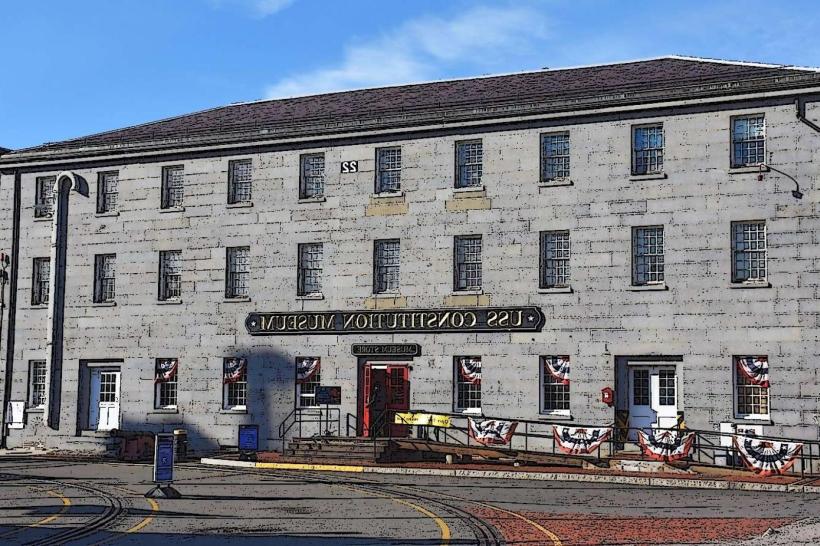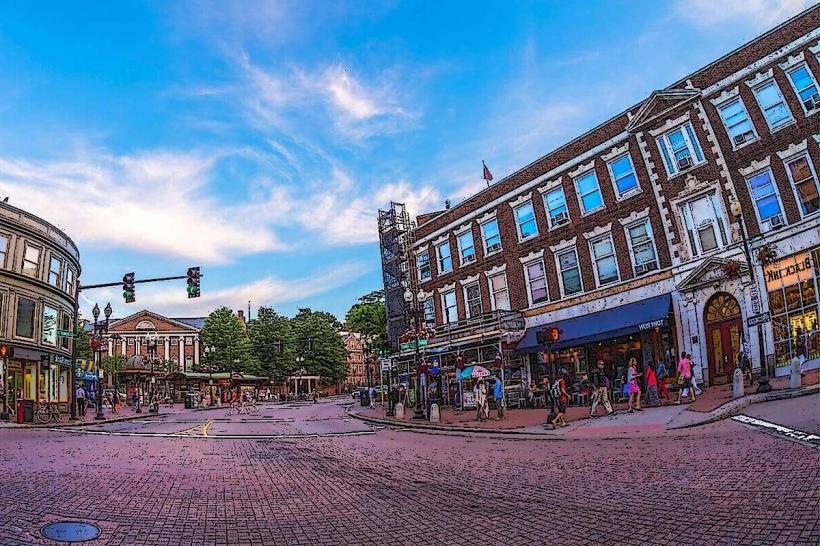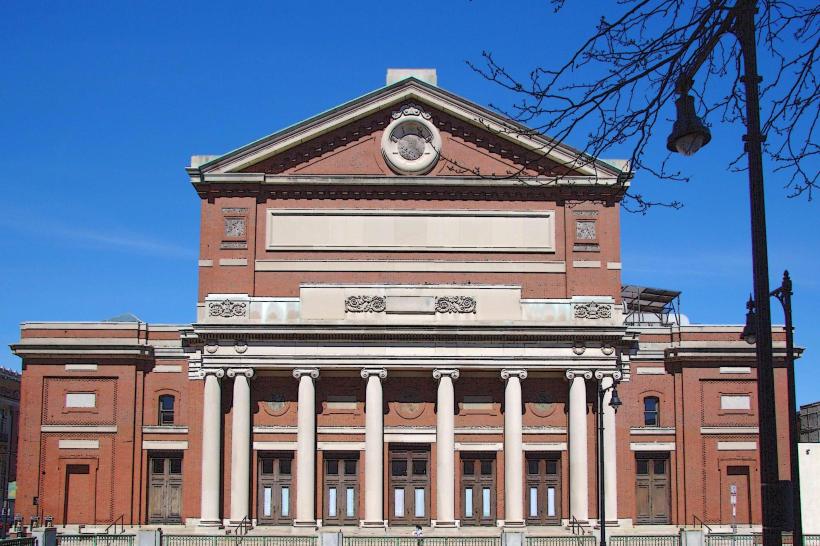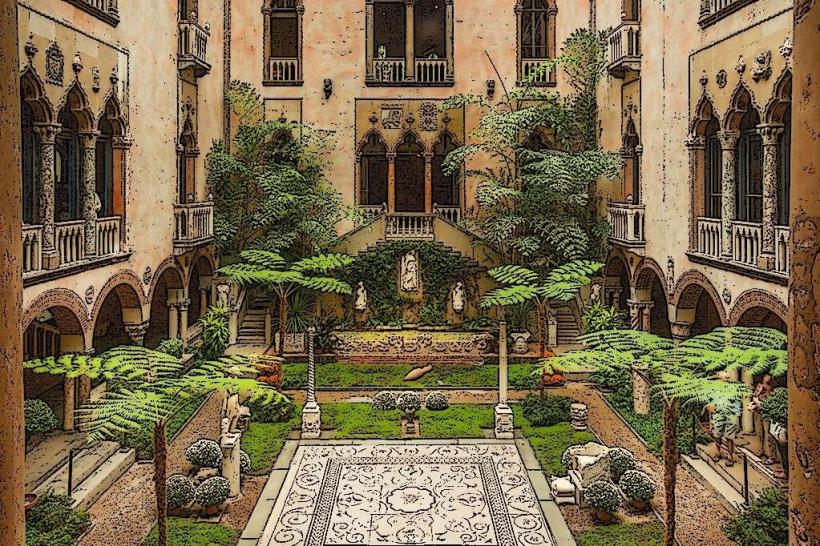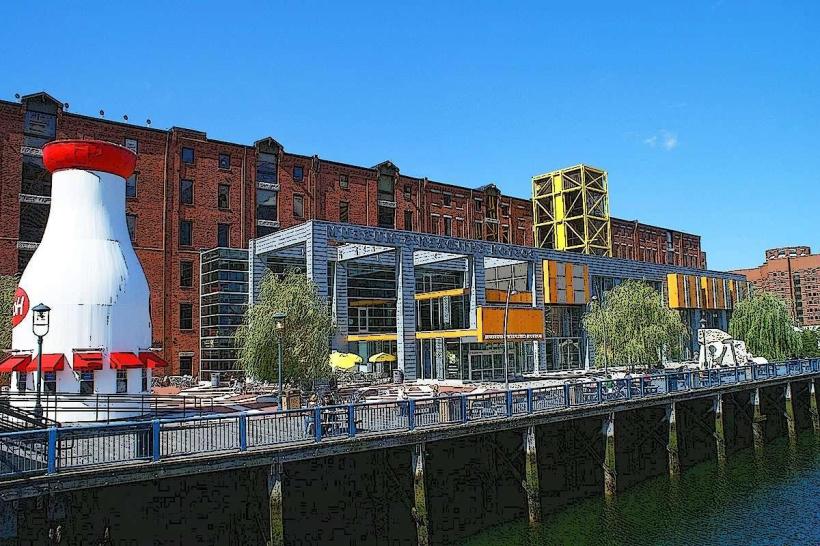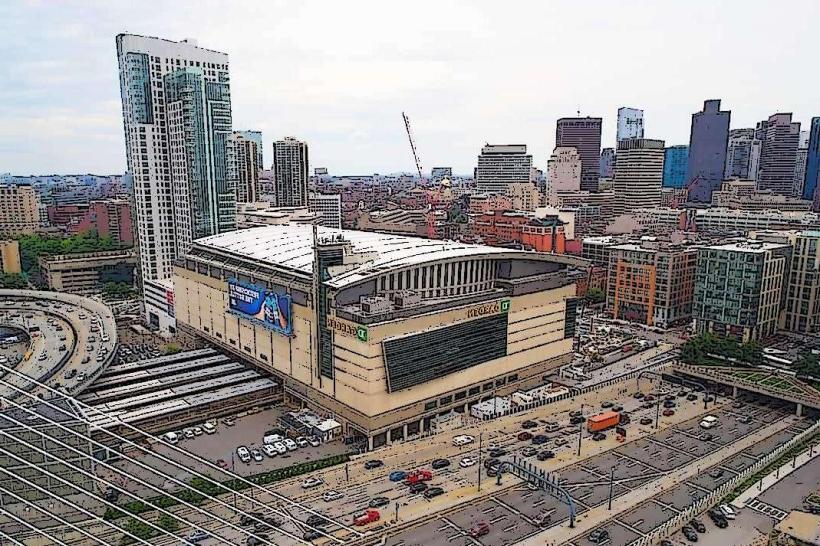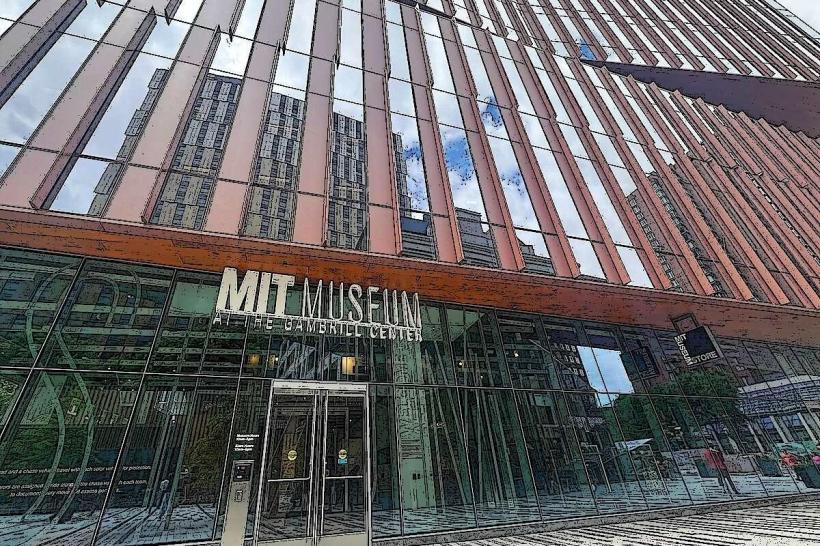Information
Landmark: John F. Kennedy Presidential Library and MuseumCity: Boston
Country: USA Massachusetts
Continent: North America
John F. Kennedy Presidential Library and Museum, Boston, USA Massachusetts, North America
John F. Kennedy Presidential Library and Museum – In Detail
The John F. Kennedy Presidential Library and Museum, located in Boston’s Columbia Point neighborhood, serves as the official repository for preserving and interpreting the legacy of the 35th President of the United States, John F. Kennedy. It is both a scholarly research center and a public museum dedicated to exploring JFK’s life, presidency, ideals, and the era in which he lived. The library stands as a prominent cultural institution commemorating his contributions to American history, politics, and global diplomacy.
History and Architecture
The library was established by an act of Congress and opened in 1979, fulfilling JFK’s own wish to have a library dedicated to his administration and vision.
The building was designed by famed architect I.M. Pei, whose modernist style features clean geometric lines, a soaring glass pavilion, and a dramatic setting overlooking the Boston Harbor.
The architectural design symbolically connects openness and transparency in government with the aspirations of Kennedy’s New Frontier.
The library sits on a 10-acre site with sweeping views of Boston’s skyline and waterfront, blending natural beauty with a solemn tribute to the president’s life.
Museum Galleries and Exhibits
The museum is organized into several thematic galleries that present JFK’s story chronologically and conceptually through a rich collection of artifacts, multimedia presentations, and interactive displays:
Early Life and Family: Explores Kennedy’s childhood, education at Harvard, family background, and military service during World War II. Displays include personal photographs, letters, and memorabilia.
Political Rise: Details JFK’s career as a Congressman and Senator from Massachusetts, highlighting key legislative achievements and campaign strategies.
Presidency and Challenges: Focuses on the critical years of JFK’s presidency (1961–1963), featuring exhibits on landmark moments such as the Bay of Pigs Invasion, Cuban Missile Crisis, Civil Rights Movement, and the Space Race. Multimedia presentations use archival footage, photographs, and audio recordings to immerse visitors in the period’s tense atmosphere.
Legacy Gallery: A recently refurbished gallery emphasizing JFK’s enduring impact, including the establishment of the Peace Corps, advances in space exploration, and his inspiring speeches. It also highlights the Profile in Courage Award, celebrating political bravery.
Assassination and National Mourning: Presents a respectful and reflective account of JFK’s assassination in Dallas in 1963, the national tragedy, and the aftermath, including memorials and the continuation of his policies.
Ernest Hemingway Collection: The library houses one of the largest collections related to Ernest Hemingway, JFK’s favorite author, including manuscripts and correspondence, underscoring JFK’s literary interests and intellectual breadth.
Research and Archives
The library is part of the National Archives and Records Administration (NARA), serving as a research facility for scholars studying JFK’s presidency, Cold War history, civil rights, and related topics.
Its archives include millions of pages of official documents, personal papers, photographs, and oral histories.
The library supports academic inquiry with research rooms and access to digital collections.
Educational and Public Programs
The library offers a robust schedule of lectures, panel discussions, film screenings, and special events that explore contemporary issues through the lens of JFK’s ideals.
Interactive educational programs engage students and visitors with history, government, and civic responsibility.
Community outreach includes partnerships with schools and organizations to promote public understanding of JFK’s legacy.
Visitor Experience
Visitors enter through a striking glass pavilion that floods the space with natural light and offers panoramic views of the Boston Harbor and city skyline, creating an inspiring introduction.
The museum uses high-definition audiovisual technology, interactive kiosks, and immersive environments to make history accessible and compelling.
The building’s layout encourages a thoughtful progression through JFK’s life and times, balancing solemn remembrance with celebration of achievement.
Facilities include a theater for documentary films, a café, and a well-stocked museum shop offering books, memorabilia, and educational materials.
Accessibility and Services
The entire facility is fully accessible to visitors with disabilities.
Guided tours and special assistance can be arranged for individuals with visual or hearing impairments.
Advanced timed tickets are recommended, and group visits are accommodated with prior reservation.
Location and Transportation
Located at Columbia Point, Boston, Massachusetts, the library is accessible via the MBTA Red Line to the JFK/UMass station, followed by a free shuttle bus service to the site.
Ample parking is available for buses and private vehicles, with drop-off zones facilitating visitor access.
The setting near the harbor offers pleasant outdoor spaces for contemplation and scenic views.
Cultural and Historical Significance
The John F. Kennedy Presidential Library and Museum not only preserves the memory of a charismatic leader but also serves as a dynamic educational resource promoting civic engagement, leadership, and public service. It captures the optimism and complexity of the early 1960s and encourages reflection on the challenges of democracy.
The library is a testament to JFK’s enduring influence on American politics, international affairs, and social progress, making it an essential destination for those seeking to understand his life and legacy in depth.
Summary
The John F. Kennedy Presidential Library and Museum offers a comprehensive and deeply engaging exploration of JFK’s life, presidency, and impact on the world. Through its modern architectural design, carefully curated exhibits, extensive archives, and public programs, the museum provides a thoughtful space for education, reflection, and inspiration. It stands as both a memorial to a pivotal American figure and a vibrant institution fostering ongoing dialogue about leadership, democracy, and the pursuit of a better future.

